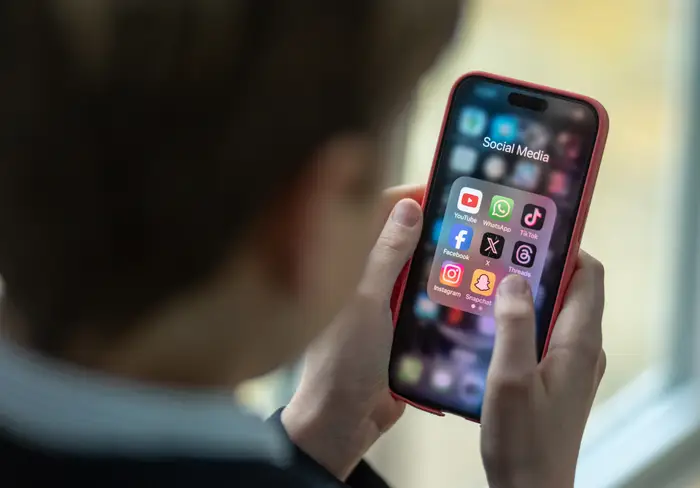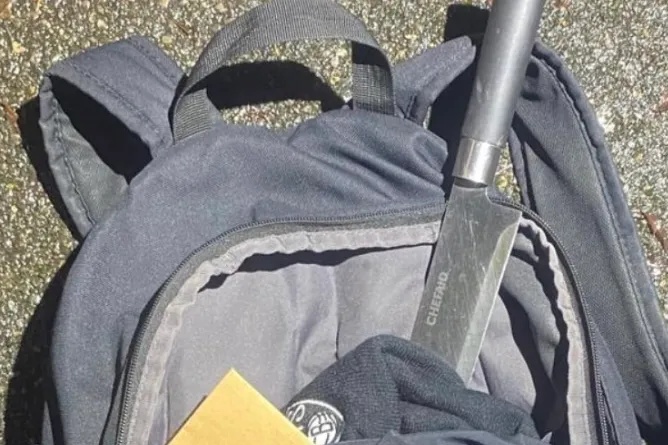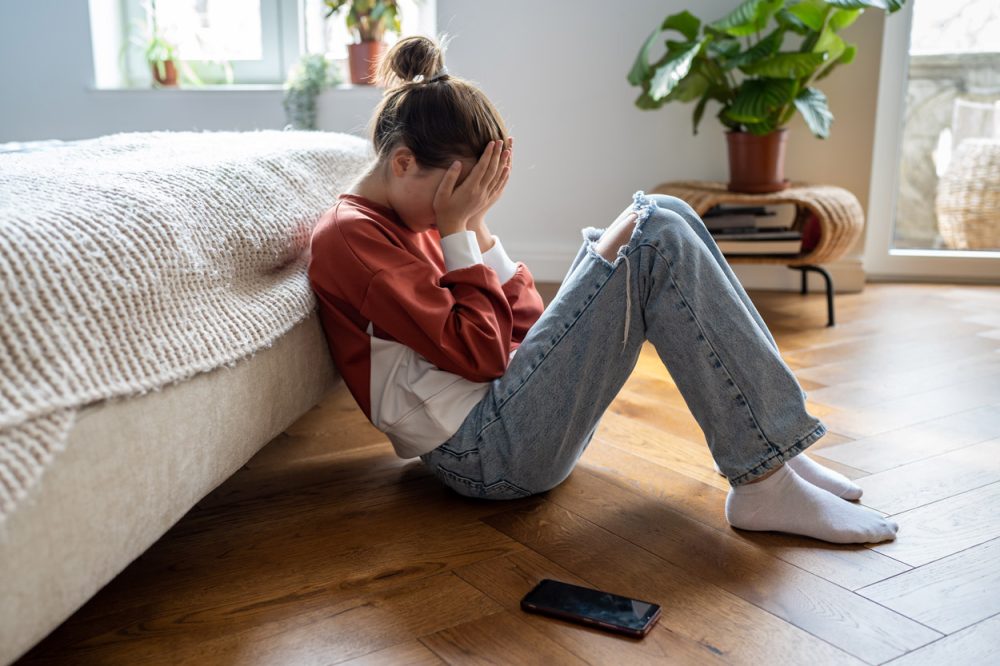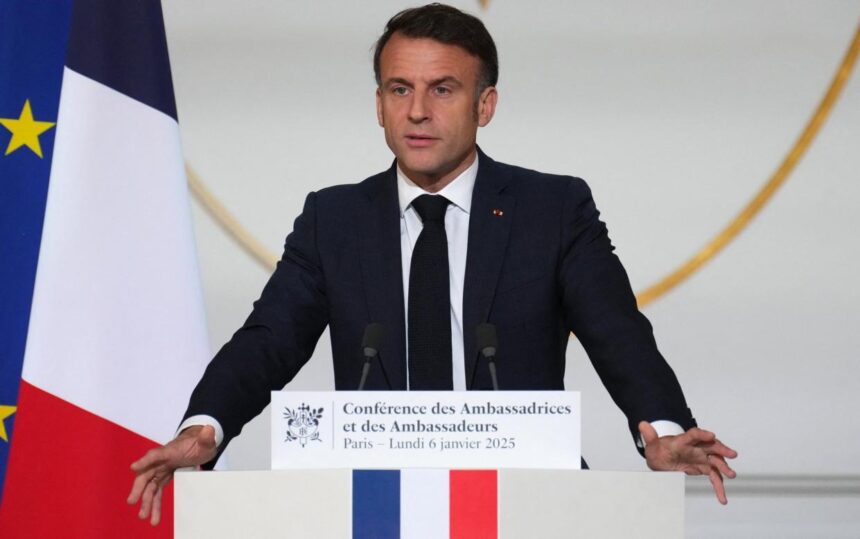PARIS — After a fatal stabbing at a secondary school in Nogent, Haute-Marne, President Emmanuel Macron is urging strong steps to tackle youth violence. He plans to introduce a nationwide ban on social media for children under 15, alongside a prohibition on knife sales to minors.
These moves come as France faces more violent incidents involving young people, raising concerns throughout Europe.
This announcement follows the death of Mélanie, a 31-year-old teaching assistant and mother of a young boy, who was stabbed by a 14-year-old pupil during a routine bag check for weapons. The attack also left a police officer with minor injuries.
The student, described as polite and from a stable home, was detained at the scene. The incident has left the community in shock. “We’d never expect something like this in a quiet town,” said Laurence Raclot, a local who knew Mélanie. “She was wonderful with children.”
Appearing on France 2 just hours after the attack, Macron said, “We cannot wait.” He pressed for a Europe-wide rule banning under-15s from using social media within months, and made clear France would go it alone if needed.

Banning social media for children under 15
On X, Macron wrote, “I am proposing banning social media for children under 15. Platforms can verify ages. Let’s make it happen.” He blamed social media for encouraging risky behaviour and exposing children to harmful material.
Macron’s proposal adds to a wider European push led by Greece, with France and Spain’s support, to limit children’s access to social platforms. Experts have pointed to the negative impact of social media on young people’s well-being, with growing rates of anxiety, depression, cyberbullying, and exposure to violent videos.
A French law passed in 2023 already requires parental approval for under-15s to use social media, but enforcement has been weak. Thomas Rohmer, from the French Observatory for Parenthood and Digital Education, said 19% of children aged 7 to 10 use apps like TikTok, underlining how hard it is to keep children offline.
The European Commission has said each country can set its own “digital age of consent” under the GDPR, meaning France could act alone. However, new EU guidelines on age checks for online platforms are in the works as part of the Digital Services Act, with a trial app, including France and four other countries, due before summer.
Greece, France, and Spain want the EU to set 15 as the minimum age for social media, but Macron is pushing for faster action, frustrated by delays in Brussels.
Alongside the social media push, Macron announced France will require age checks for online knife sales, similar to existing rules for adult websites. Prime Minister François Bayrou said a new decree will ban the sale of “any knife that can be used as a weapon” to minors within two weeks.

Knives in Students’ School Bags
This follows reports that authorities confiscated 186 knives in random school bag checks this spring, highlighting the ease with which young people can access weapons. Bayrou urged parents and teachers to watch for signs of distress in teenagers, but admitted there is a shortage of school psychologists.
The Nogent stabbing is not an isolated event. France has seen several violent attacks among schoolchildren in recent years, including a deadly stabbing by a high school student in western France this April.
Prime Minister Bayrou told MPs these events show a wider pattern of youth violence, echoing concerns from across Europe. In response, France has started a “digital break” at 200 schools, banning smartphones for under-15s during school hours, and increased random bag inspections.
Education Minister Élisabeth Borne called for a nationwide minute of silence in schools on Thursday to remember Mélanie. “The entire education community is in shock, as is the nation,” she said. However, unions have questioned the government’s approach.

Children’s Mental Health
Sophie Venetitay, general secretary of the SNES-FSU teachers’ union, criticized the expectation that assistants carry out security checks like bag searches, which she says are outside their job role. “Bit by bit, they’re being turned into security guards,” she said.
The proposed bans have drawn mixed views. Elizabeth Clutton, a computer scientist at the University of Portsmouth, described the social media restrictions as “fair” due to concerns over young people’s mental health.
Others, like Thomas Rohmer, favour regulation and education over outright bans, since people, not just platforms, cause harm. Critics also warn about practical hurdles, such as children using VPNs to dodge the rules and privacy worries linked to mandatory ID checks, which France’s data regulator has previously blocked.
As the country grieves, Macron’s proposals mark a major shift in tackling youth violence and the unchecked influence of online platforms. Whether these steps will reduce violence or prove workable remains to be seen, but the tragedy in Nogent has sparked urgent calls for change.
Outside the school, a sign placed among tributes read, “We share your pain,” a clear sign of a nation searching for answers in the face of a heartbreaking loss.














